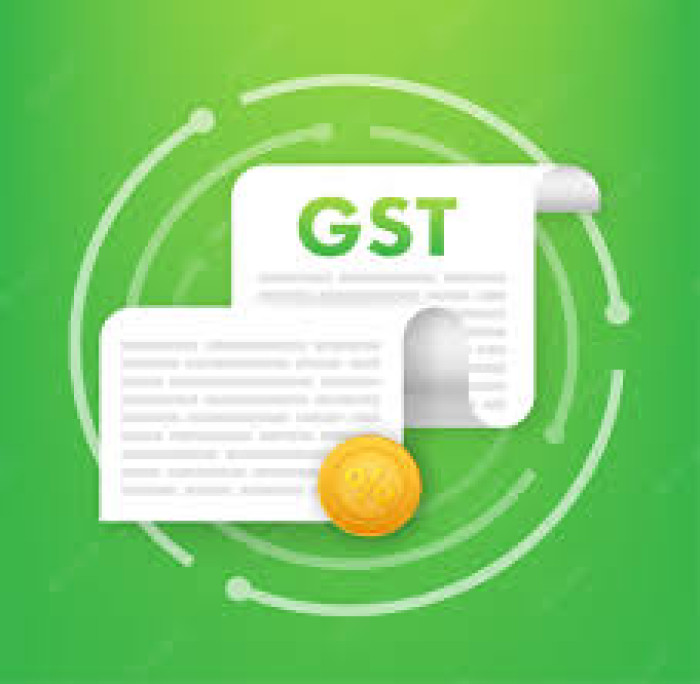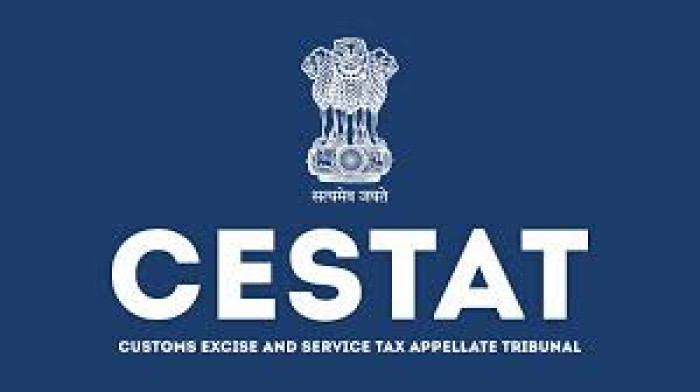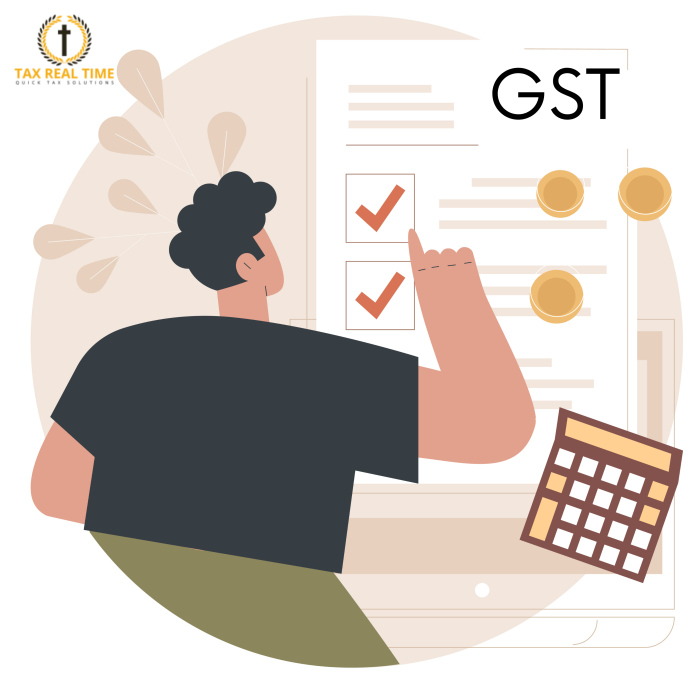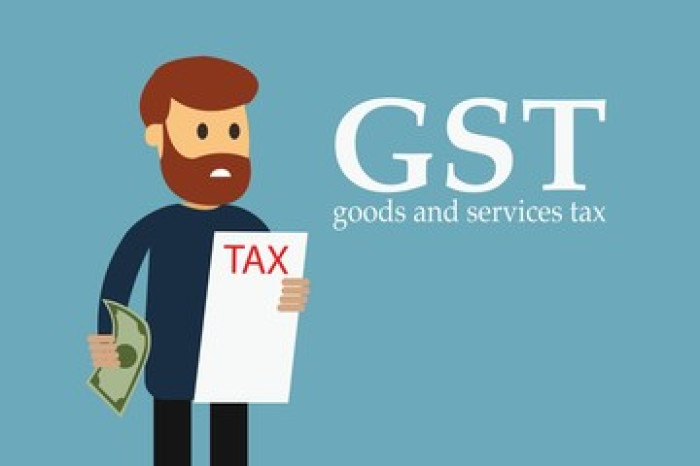Excise – Cestat Chennai: Goods cleared under Notification No.30/2004 without payment of duty is optional payment without duty and it cannot be said that these fall within the definition of ‘exempted goods’ – Hence, Cenvat Credit cannot be disallowed on capital goods in terms of Rule 6(4) by alleging that capital goods are used exclusively for exempted products: Appeal allowed. [Order Attached dated 25 August 2022]


Your free trial / membership plan is expired.
Kindly subscribe to get complete access to indirect tax updates and issue wise cases
Why subscribe to us ?
Get complete access to news updates and download copy of case laws/ notification/ circular etc.
Be a part of our WhatsApp group and read real time indirect tax updates
Access to ready case laws of General Issues and Industry Wide Issues under GST
Access to relevant provisions of law / circular in respect to the issues, along with trail of their amendments
Write your GST query to us for evaluation
Subscription Charges:*
Indirect tax updates -
6 months @299 / 1 Year @499 only
Indirect tax updates + Issue wise cases -
6 months @1199 / 1 Year @1999 only
*Plus applicable GST
Admin
29-Aug-2022 01:31:24
Order date – 25 August 2022
Facts –
- The appellant, M/s. Arthanari Loom Center (Textiles) Pvt. Ltd., are manufacturers and exporters of 100% cotton yarn dyed woven fabrics falling under CETH 52084130 of CETA, 1985.
- They were availing the CENVAT credit facility in respect of capital goods from 10.6.2010 onwards. The credit was availed and utilized to pay duty on export goods exported in terms of Notification No. 29/2004-CE dated 9.7.2004.
- On verification of the credit taken and utilized, it was observed the credit availed on capital goods are in contravention of Rule 6(4) of CENVAT Credit Rules, 2004. Under this provision, credit cannot be availed on capital goods which are used exclusively in the manufacture of exempted goods.
- For the period prior, i.e. from June 2007 to 9.10.2010, the appellant had opted for full duty exemption on all clearances (domestic clearance and export clearance) in terms of Notification No. 30/2004-CE dated 9.7.2004.
- It was contended that they were availing the benefit of both notifications 30/2004 and 29/2004 which cannot be allowed.
- Show Cause Notice dated 5.7.2011 was issued demanding recovery of the irregular CENVAT credit availed by them along with interest and also proposing to impose penalties. After due process of law, the original authority confirmed the demand along with interest and imposed penalty.
- Aggrieved the appellant filed an appeal.
Issue –
- Whether the benefit of both the notifications can be availed and the credit on capital goods is eligible?
Order –
- The Tribunal observed that Notification No.30/2004-CE dated 9.7.2004 exempts payment of duty when the goods are cleared domestically. The Corrigendum issued to the notification makes it clear that the exemption is available even if credit is availed on capital goods. In other words, this notification bars availment of credit on inputs only.
- It is to be noted that a manufacturer is given an option to avail the benefit of Notification 30/2004. It does not make the goods completely exempted from payment of duty. If the manufacturer avails credit on inputs, then he cannot avail the benefit of the exemption provided under Notification No. 30/2004. Rule 6(4) bars the availment of credit on capital goods which are used exclusively in the manufacture of exempted goods.
- As per Rule 2(d) of CENVAT Credit Rules, 2004 ‘exempted goods’ means “excisable goods which are exempt from the whole of duty of excise leviable thereon, and includes goods which are chargeable to nil rate of duty”. Thus, the goods cleared under Notification No.30/2004 without payment of duty is optional payment without duty and it cannot be said that these fall within the definition of ‘exempted goods’.
- The issue as to whether the benefit of both the notifications can be availed and the credit on capital goods is eligible was considered by the Tribunal in the case of ST. COTTEX EXPORTS (P) LTD. VERSUS COMMISSIONER OF C. EX., LUDHIANA case in which the tribunal held that Under Rule 6(4) of Cenvat Credit Rules, 2004, capital goods Cenvat credit is inadmissible only in respect of those capital goods which are exclusively used in the manufacture of exempted goods, in present case it cannot be said that the capital goods in question had been used exclusively for the manufacture of fully exempted finished products.
- Therefore the disallowance of CENVAT credit on capital goods is without legal or factual basis. Appeal allowed.
Related Post
Post Category
Your free trial/ membership plan has expired. Kindly subscribe to get complete access of tax news updates.

Why subscribe to us ?
Get complete access to news updates
Access to the Order Copy of the case law/ Notification/ Circular etc
Be a part of our Whatsapp group and read real time tax updates
Access to ready case laws/ circulars on general and industry-wide issues under GST
Submit your GST issues to us for evaluation




















